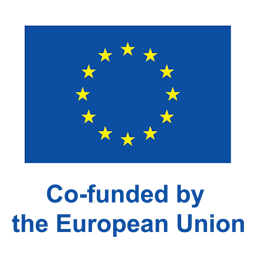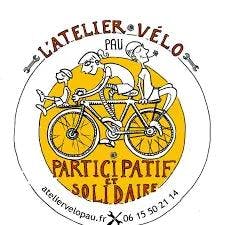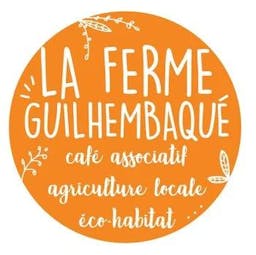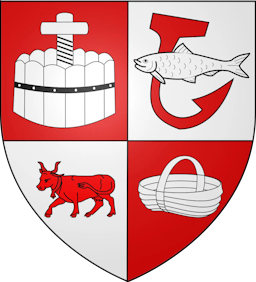Youth Exchange - 7 actions for climate change
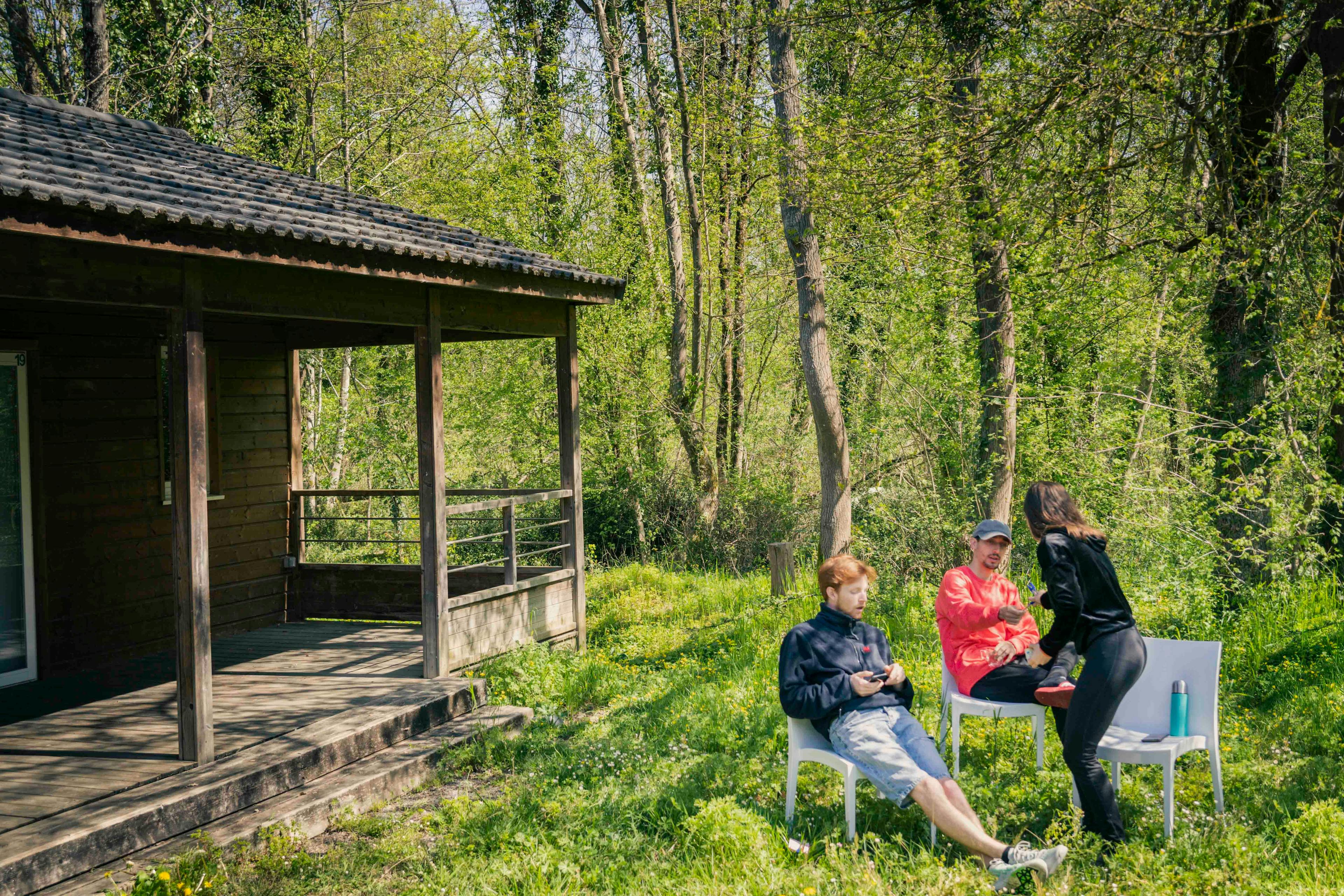
"7 Actions for Climate Change" gathered 32 enthusiastic youths from 5 countries in Pau, France. It was like an international eco-party where they explored some eco-actions inspired by Greenpeace and validated by the IPCC. Led by Rakonto, the 10-day project aimed to equip young people with skills to reduce their ecological impact and become change ambassadors in their communities.
Identified Needs and Objectives
Project Origin
Inspired by an article from Greenpeace, the "7 Actions for Climate Change" project highlights seven key actions to reduce our climate impact. These actions, validated by the IPCC scientists in 2022, are essential for a sustainable future:
- Use air travel only for exceptional journeys.
- Adopt a more plant-based diet.
- Reduce the purchase of new items.
- Limit the use of cars.
- Choose an ethical bank.
- Save energy, particularly heating.
- Favor local, seasonal, and organic food.
Faced with environmental concerns shared by 80% of young people aged 18 to 34, Rakonto recognized the importance of disseminating this information. Despite growing awareness, there remains a lack of practical knowledge on how to act daily for the climate.
Objectives and Implementation
The "7 Actions for Climate Change" project aimed to provide practical guidelines for reducing environmental impact. For 10 days, participants had the opportunity to experiment with these actions, thus dispelling their doubts and apprehensions. This immersive experience aimed to encourage young people to integrate these actions into their daily lives once they returned home.
Skill Development and Community Impact
Beyond experimentation, the project enabled participants to acquire essential skills for daily action against climate change. These skills, once shared and disseminated in their local communities with the support of partner organizations, aim to transform young people into true agents of change in their home countries.
Activities Implemented
1. Educational Workshops on Eco-Actions:
We organized interactive sessions to introduce participants to the 7 essential eco-actions and their environmental impact. The goal was to build a strong knowledge foundation and encourage participants to incorporate these actions into their daily lives. Our methodology included presentations, group discussions, and case studies to enhance the learning experience.
2. Practical Experimentation Sessions:
Participants had the chance to actively practice the eco-actions they learned in a controlled setting, sharing their experiences. The objective was to enable participants to experiment with eco-actions and understand both the challenges and benefits. Our methodology involved implementing daily activities and challenges to encourage hands-on experience with eco-actions.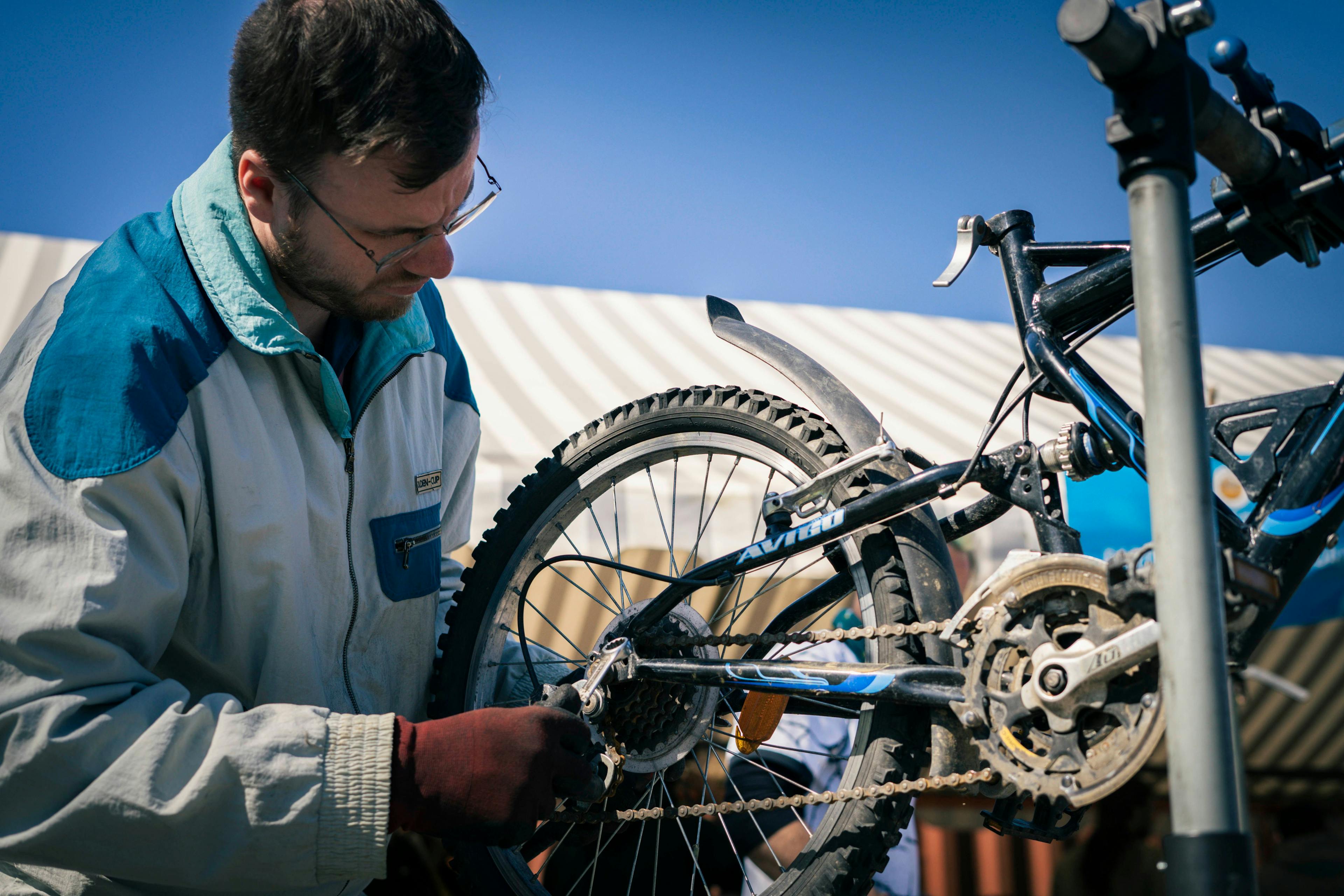
3. Content Creation Workshops:
In these workshops, participants created advocacy videos and a vegetarian recipe e-book to disseminate the knowledge gained. The aim was to produce awareness materials for sharing within communities and on online platforms. We employed brainstorming sessions, scriptwriting, and video production sessions, emphasizing the creation of engaging and informative content.
4. Cultural and Inter-Country Exchanges:
Dedicated sessions were organized for participants to share experiences, challenges, and solutions related to eco-actions across different countries. The objective was to facilitate knowledge and experience sharing among youths from diverse cultural and geographical backgrounds. Our methodology included group discussions, country presentations, and intercultural team-building activities.
5. Reflection and Feedback Sessions:
Moments were set aside for personal and collective reflection on the learnings and experiences from the project. The goal was to encourage participants to internalize these learnings and openly share their feedback and reflections. Our methodology incorporated the use of reflection journals, sharing circles, and structured feedback sessions.
6. Planning for Future Actions:
We conducted strategic planning workshops to assist participants in outlining action plans for disseminating eco-actions in their local communities. The objective was to ensure that the acquired knowledge and skills were put into practice. Our methodology involved the use of strategic planning techniques, impact mapping, and setting SMART objectives.Direct Outcomes
Learning Outcomes and Acquired Skills
The "7 Actions for Climate Change" project successfully achieved its goal of promoting daily eco-friendly actions to reduce personal environmental impact. Participants gained essential skills in digital communication and advocacy video production, enhancing their ability to promote socio-ecological transition and active citizenship. The project progressed in a structured manner, starting with an introduction to the 7 key eco-actions and evolving into more complex topics. The final phase was dedicated to creating and disseminating advocacy videos, enabling participants to express themselves beyond individual actions and address environmental policies.
Ecological Travel and Team Building
A unique feature of the project was the ecological journey to the mobility site. Participants used sustainable transportation methods, such as trains, buses, bicycles, walking, and even sailing or hitchhiking. This journey served as a micro-adventure, boosting participants' confidence in ecological travel and acting as an effective team-building activity. Participants documented their journey with an illustrated travel journal, shared via the Polarstep app, creating a common experience and a strong bond from the start of the project.
Direct Impact of the Project
Participants experienced a significant improvement in self-confidence and actively contributed to the fight against climate change. They gained a better understanding of current ecological issues and available solutions. The project also enabled participants to travel independently and ecologically, forging their character and maturity. Mixed group activities promoted intercultural learning and strengthened group cohesion.
Follow-Up and Long-Term Impact
Participants conducted individual or group follow-up activities in their country, amplifying the project's impact. These activities strengthened relationships with local organizations involved, such as Emmaus and Prefass, and allowed participants to discover inspiring environmental initiatives. The project also contributed to the development of a stronger European identity and the dispelling of national stereotypes.
Dissemination of Results
The project implemented a comprehensive dissemination strategy, sharing results and lessons learned on a dedicated web page, through YouTube videos, a vegan recipe booklet, and social media posts. These dissemination efforts played a key role in spreading the project's results, reaching a diverse audience, and contributing to greater awareness of the topics addressed.
DOWNLOADABLE DOCUMENTS
Follow-Up Actions
A Lasting Legacy
The "7 Actions for Climate Change" project has left an indelible mark on its participants and beyond. Our commitment didn't end with the 10-day mobility; it marked the beginning of an ongoing journey towards a more sustainable future.
Participant-Led Follow-Up Actions
Participants took the initiative to turn the skills and knowledge gained into concrete actions within their local communities. These follow-up actions, carried out individually or in groups, have extended the project's impact far beyond its direct participants. Here are some notable examples:
- Clothes Swaps and Eco-Friendly Picnics: Organized by participants, these events raised awareness among local youth about sustainable practices and opportunities offered by Erasmus+.
- Ecological Travel: Many participants chose to repeat the experience of ecological travel, thus reinforcing their commitment to more sustainable modes of transportation.
- Sharing Experiences: Participants shared their stories and learnings through personal narratives, artistic works, and social media posts, inspiring a greater number of people to adopt ecological practices.
Impact on Local Organizations
Local organizations involved in the project, such as Emmaus and Prefass, benefited from increased visibility and a better understanding of the opportunities offered by Erasmus+. These collaborations strengthened the ties between Rakonto and local organizations, paving the way for future joint initiatives.
Development of a European Identity
The project also contributed to strengthening the European identity of participants. By working together on common subjects, they developed a sense of belonging to the European community, transcending national and cultural boundaries.
Ongoing Impact and Visibility
Our dissemination strategy has ensured that the results and lessons of the "7 Actions for Climate Change" project continue to reach a wider audience. Through our dedicated web page, YouTube videos, the vegan recipe booklet, and Erasmus+ dissemination activities, the impact of the project remains alive and relevant.
Join the Movement
We invite you to explore our web page to discover the inspiring stories of participants and see how you too can become an agent of change. The "7 Actions for Climate Change" project is more than an initiative; it's a movement towards a greener, more responsible future. Join this adventure and contribute to a more sustainable world.
External links
DOWNLOADABLE DOCUMENTS
Environment
|Audiovisual
|Critical Thinking
|
